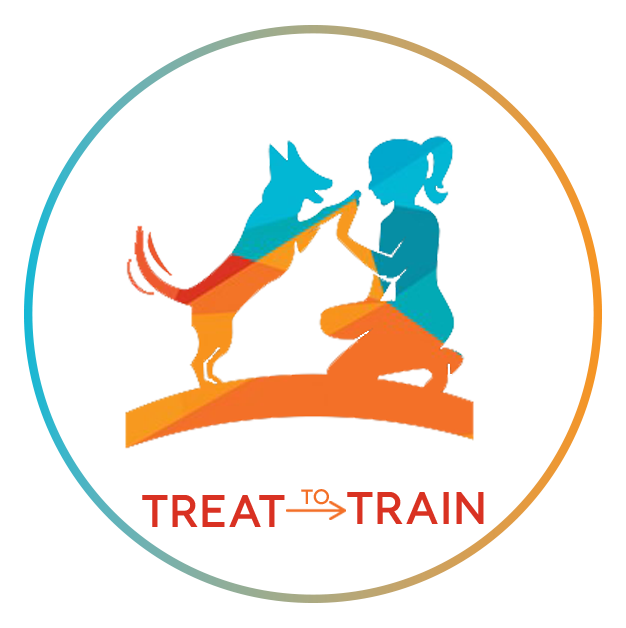4 Reasons to start cooperative care training with your dog
I know that taking your dog to the vet or doing grooming, can really be a struggle. There is, however, something you can do that will help. So many of us face challenges but the solution is a concept called “cooperative care”.
Cooperative care is a modern approach that focuses on helping and allowing your dog to become a willing participant during grooming and veterinary procedures. The training exercises focus on building trust and cooperation to ensure that your dog is comfortable and opts-in to their own care procedures. It leaves the traditional forceful methods behind- thank goodness! We want to ensure that each interaction is a positive experience (at the vet’s office and at home).
Let’s dive into the benefits of starting cooperative care with your dog:
Less stress, more comfort
One of the major benefits to cooperative care is that it reduces stress for our dogs but also for us. Simply forcing your dog into a procedure can be really unpleasant but can also lead to anxiety and fear breaking your dogs trust in you. Starting cooperative care can ensure that our dogs feel comfortable during these grooming procedures or vet visits. Our dogs do not need to be stressed and in fact, it’s better if they aren’t stressed.
Better long-term health
Routine grooming and vet visits are really important for a dogs wellbeing. Neglecting grooming and avoiding vet visits can lead to serious health issues down the road. It can also be more difficult for your veterinarian to accurately diagnose your dog if they are highly stressed. Cooperative care helps them feel safe and calm during these procedures which can lead to a more accurate diagnoses and better long-term health outcomes.
It's empowering
Cooperative care exercises teach you the correct techniques and essential skills, You don’t necessarily have to pop in to the vets office to have your dogs nails clipped or go to the groomers for a brush. You can do it yourself while ensuring that your dog is happy.
Cooperative care can be as simple as using a scratchboard instead or a dremel or nail clipper.
A positive approach
It’s all about cooperation and positivity, making sure that your dog feels happy and safe throughout. We replace fear and force with patience and rewards. Not only does this result in better outcomes but is relationship building and confidence building. Routine moments become a time for bonding and joy for both you and your dog.
Author: Angelique de Kock

